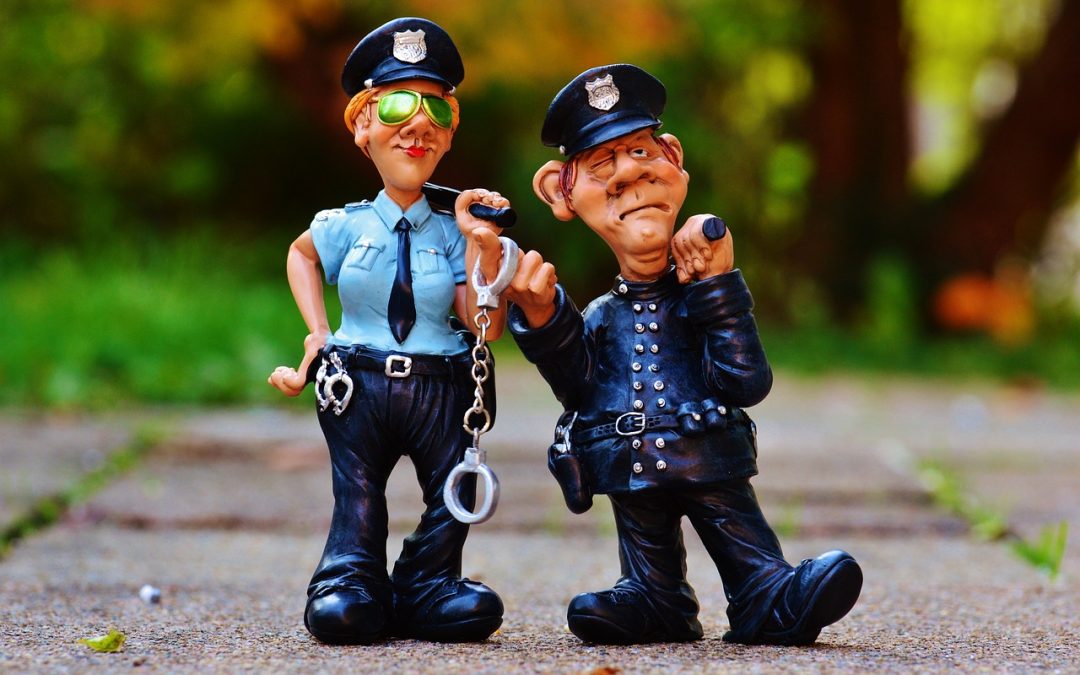When interacting with law enforcement, it’s essential to know your rights, especially when it comes to protecting your digital privacy. With the increasing reliance on smartphones, the question arises: can police force you to unlock your phone? In this post, we’ll delve into the nuances of this scenario, exploring what you should know and how to navigate these situations safely and assertively.
Understanding Your Rights
The Fourth Amendment protects individuals from unreasonable searches and seizures. In the context of your phone, this means police need a warrant or probable cause to search its contents. However, if you voluntarily unlock your phone or provide the password, you’re essentially giving consent for them to search it. This is why it’s crucial to understand your rights and assert them politely but firmly.
The Nuances of Police Requests
Law enforcement may ask you to unlock your phone under various circumstances, such as during a traffic stop or an arrest. They might claim they need to access” your phone for reasons like ensuring officer safety or investigating a crime. However, without a warrant or probable cause, their requests are not necessarily lawful. It’s essential to remember that you have the right to remain silent and the right to an attorney.
Be cautious of certain scenarios where police might attempt to bypass your phone’s security features. For instance, some states have stop-and-identify laws, which may allow officers to ask for identification, but this does not extend to unlocking your phone.
Practical Tips for Handling Police Requests
The right to privacy is a cornerstone of our democratic society, and it’s our responsibility as citizens to ensure that this right is protected. By knowing our rights and being respectful yet assertive in our interactions, we can maintain a safe and just society for all.
In conclusion, it’s essential to understand your rights regarding phone privacy and to stay informed about local laws and regulations. Remember to remain calm, assert your rights politely, and prioritize de-escalation in all interactions with law enforcement. Stay informed, stay safe, and assert your rights with confidence!
The information at Observed.Org may not pertain to every jurisdiction. It is YOUR responsibility to know your rights and observe them. Nothing here should be considered legal advice.

